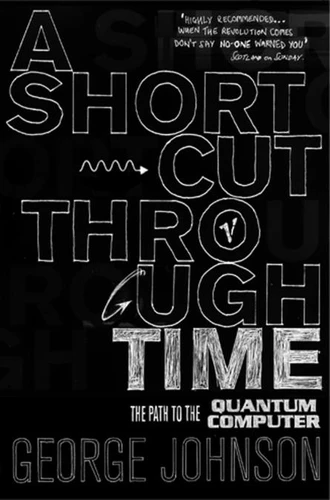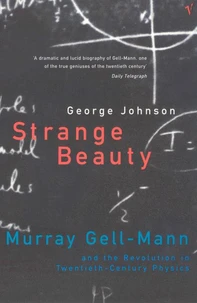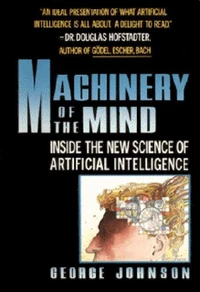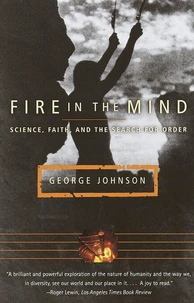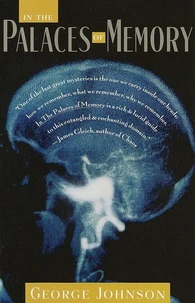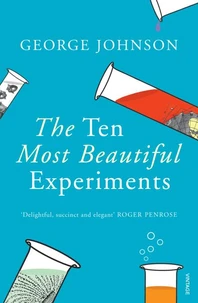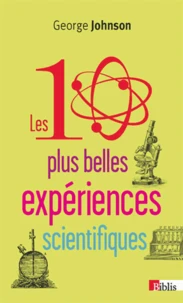A Shortcut Through Time. The Path to A Quantum Computer
Par :Formats :
Disponible dans votre compte client Decitre ou Furet du Nord dès validation de votre commande. Le format ePub protégé est :
- Compatible avec une lecture sur My Vivlio (smartphone, tablette, ordinateur)
- Compatible avec une lecture sur liseuses Vivlio
- Pour les liseuses autres que Vivlio, vous devez utiliser le logiciel Adobe Digital Edition. Non compatible avec la lecture sur les liseuses Kindle, Remarkable et Sony
- Non compatible avec un achat hors France métropolitaine
 , qui est-ce ?
, qui est-ce ?Notre partenaire de plateforme de lecture numérique où vous retrouverez l'ensemble de vos ebooks gratuitement
Pour en savoir plus sur nos ebooks, consultez notre aide en ligne ici
- Nombre de pages224
- FormatePub
- ISBN978-1-4070-7353-8
- EAN9781407073538
- Date de parution15/02/2011
- Protection num.Adobe DRM
- Infos supplémentairesepub
- ÉditeurVintage Digital
Résumé
The newest Pentium chip powering PCs and laptops contains 40 million electronic switches packed onto a piece of silicon about the size of a thumbnail. Several years from now, if this incredible shrinking continues, a single chip will hold a billion switches, then a trillion. The logical culmination is a computer in which the switches are so tiny that each consists of an individual atom. At that point something miraculous happens: quantum mechanics kick in.
Anyone who follows the science news or watches 'Star Trek' has at least a notion of what that means: particles can be in two or more places at once. Atoms obey a peculiar logic of their own - and if it can be harnessed society will be transformed. Problems that would now take forever would be solved almost instantly. Quantum computing promises nothing less than a shortcut through time.
Anyone who follows the science news or watches 'Star Trek' has at least a notion of what that means: particles can be in two or more places at once. Atoms obey a peculiar logic of their own - and if it can be harnessed society will be transformed. Problems that would now take forever would be solved almost instantly. Quantum computing promises nothing less than a shortcut through time.
The newest Pentium chip powering PCs and laptops contains 40 million electronic switches packed onto a piece of silicon about the size of a thumbnail. Several years from now, if this incredible shrinking continues, a single chip will hold a billion switches, then a trillion. The logical culmination is a computer in which the switches are so tiny that each consists of an individual atom. At that point something miraculous happens: quantum mechanics kick in.
Anyone who follows the science news or watches 'Star Trek' has at least a notion of what that means: particles can be in two or more places at once. Atoms obey a peculiar logic of their own - and if it can be harnessed society will be transformed. Problems that would now take forever would be solved almost instantly. Quantum computing promises nothing less than a shortcut through time.
Anyone who follows the science news or watches 'Star Trek' has at least a notion of what that means: particles can be in two or more places at once. Atoms obey a peculiar logic of their own - and if it can be harnessed society will be transformed. Problems that would now take forever would be solved almost instantly. Quantum computing promises nothing less than a shortcut through time.

